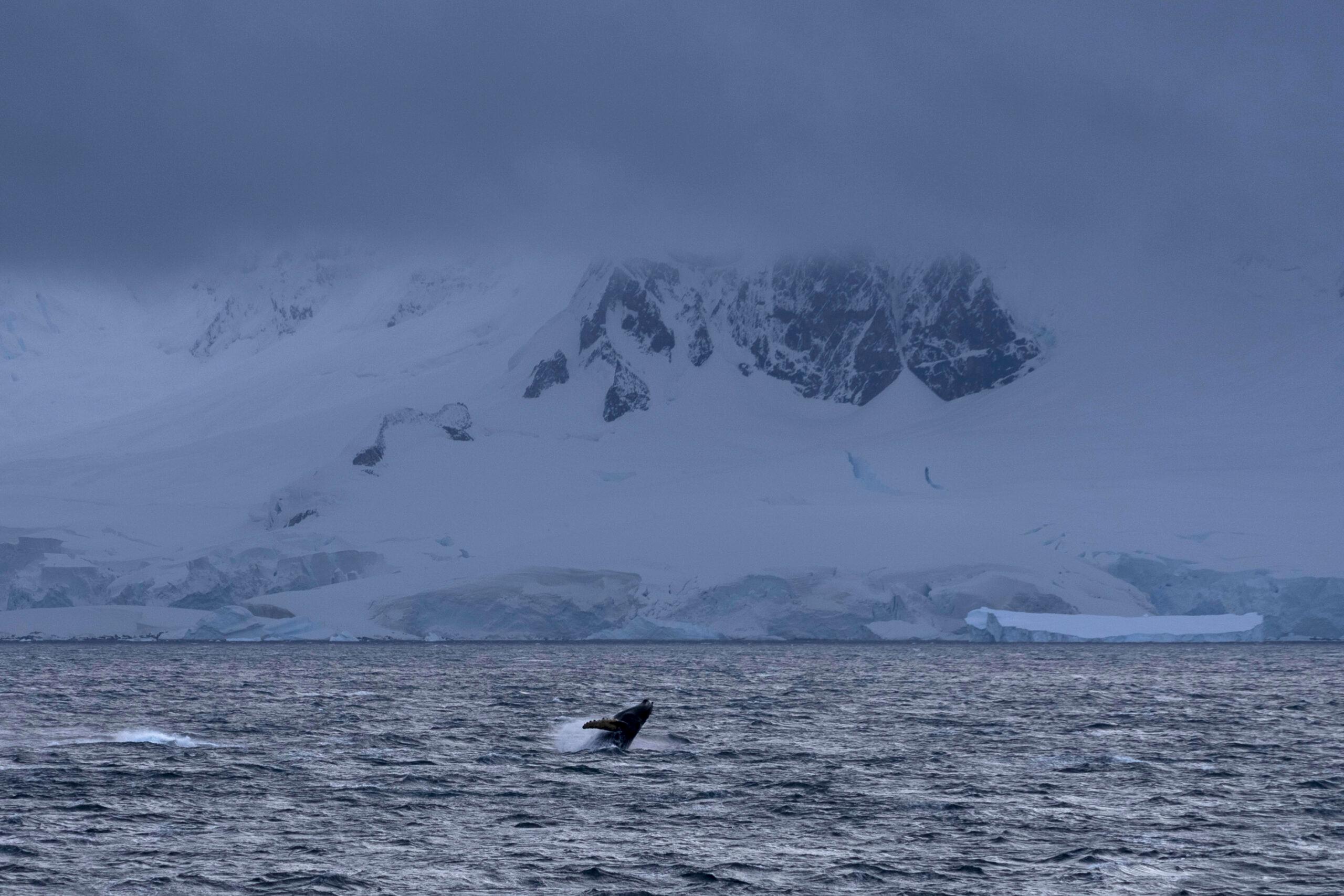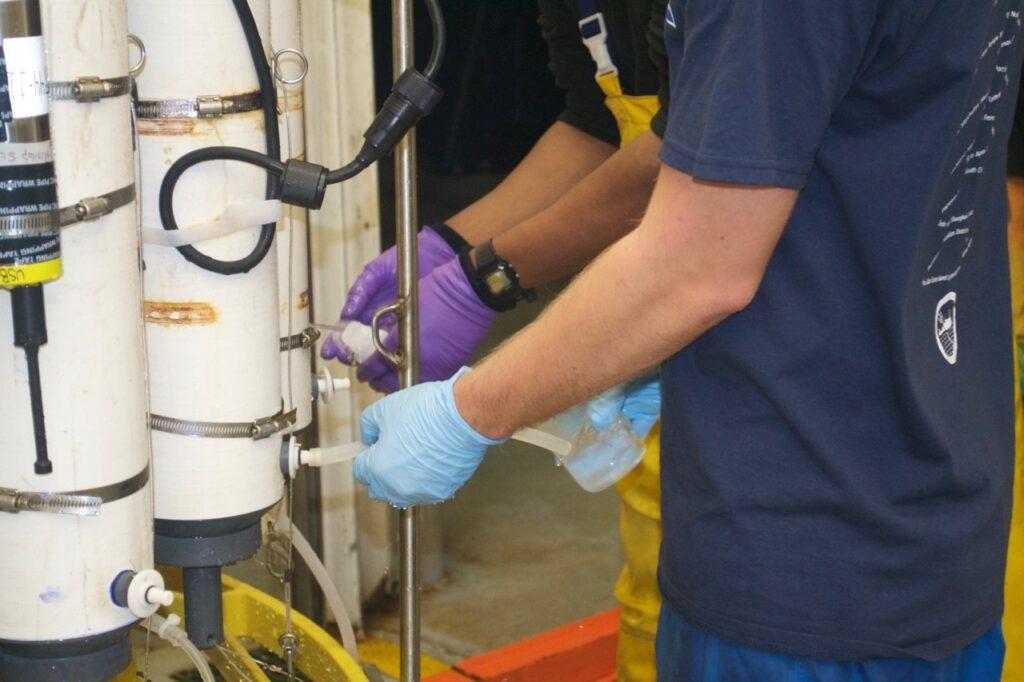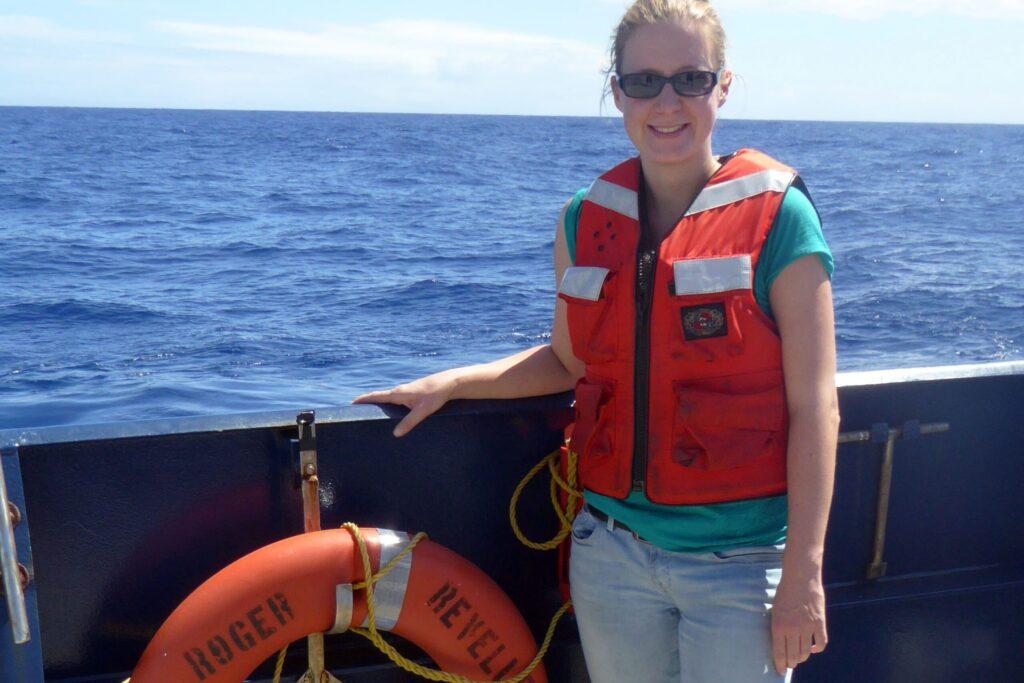
The Antarctic, or Southern, Ocean is the world’s least-explored and least understood.
But a team of scientists in land-locked Boulder has recently made a discovery that may lead to a better understanding of how climate change affects polar waters.
Cara Nissen, the lead author of the study, said that the ocean's acidity could double by the end of the century. This could have detrimental effects on the icy ecosystem’s smallest inhabitants — like plankton and krill. According to Nissen, the rising acidity levels in the already fairly acidic Antarctic waters make it harder for krill eggs to survive and for plankton to grow efficiently.
The scientists said that the decline of plankton and krill — essential food sources for bigger animals — would eventually impact fish, whales, and the populations of the hundreds of other species that inhabit the Antarctic Ocean.
“I think it's easily imaginable that if you impact the lower base of the food web, so plankton or krill, then these impacts can cascade all the way up,” Nissen said. “If there's less plankton, penguins and whales have less food.”
Researching from a land-locked world away
Nissen and her research partner, Nikki Lovenduski, spearheaded the study entirely from their lab in the Institute of Arctic and Alpine Research at the University of Colorado Boulder.
Despite being thousands of miles from any ocean, let alone the polar waters of the Antarctic Ocean, Lovenduski told Colorado Matters senior host Ryan Warner, “(the) oceans are alive and well in land-locked Boulder.”
Nissen said they were able to do all of the research sitting at their desks in Colorado.
“I always say I only need a laptop and internet and that's all I need for this,” she said. “Of course, we're relying on people actually going out to Antarctica because it's a computer model. So it's not that we just blindly trust what it's doing.”
The researchers gathered observational data to create computer models that simulated global ocean currents and how the Antarctic Ocean would change in the next 100 years.
The Antarctic Ocean is one of the most important ocean ecosystems, according to Nissen
This icy ocean is more than just a home to penguins and whales. It plays a critical role in regulating the world’s climate. Unlike other oceans that are blocked by land — the Antarctic Ocean acts like a moat: circulating global water currents and taking up the vast majority of the carbon that people emit into the atmosphere.
What makes Nissen and Lovenduski’s findings even more critical — is that it's not just the top layer of the Antarctic Ocean being affected, it's the entire water column. This means the acidification doesn’t just affect organisms living in the coastal waters, but also those living on the seafloor.


“It’s fairly alarming. The Southern Ocean is particularly vulnerable to the consequence of ocean acidification because it's sitting right sort of at the threshold,” Lovenduski said. “The water there is already fairly acidic, and so just the slightest little perturbation could send it over the edge, so to speak.”
The Colorado researchers say that the study not only shows a need for a rapid reduction of carbon emissions, which would slow the acidification of the polar waters, but also a call for more marine protected areas in the Southern Ocean.
Similar to national parks, marine protected areas function as a way to protect biodiversity by limiting human activity — such as fishing — in those vulnerable regions. Currently, there are only two marine-protected areas in Antarctica, which cover about 12 percent of the water.
“These ecosystems are facing a tremendous amount of pressure,” Lovenduski said. “And we see that now. Not just from warming temperatures, but also for ocean acidification. So we need to protect them anyway we know how, and that may be by the establishment of marine protected areas.”








